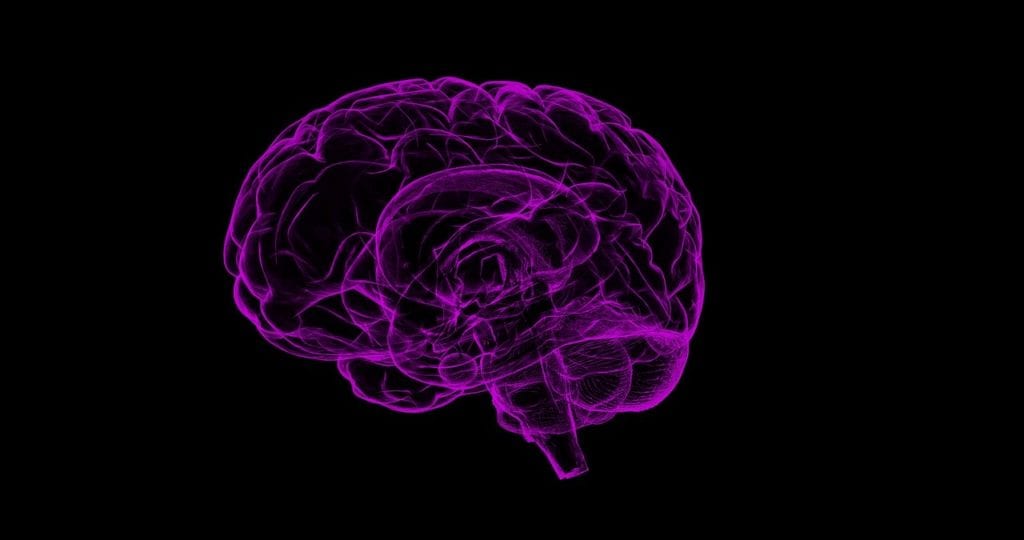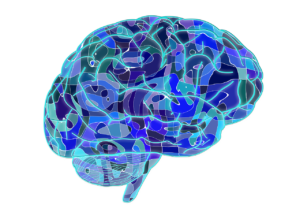As reported in Newswise; 40% of people with primary progressive aphasia, a rare neurological disorder causing progressive language loss, also have underlying Alzheimer’s disease. However, while Alzheimer’s disease is characterized by its corrosive effect on the memory, researchers had noticed that patients that also have primary progressive aphasia did not experience the memory loss typical during the early stages of Alzheimer’s. This introduced questions about how these patients’ memory held up over time. In a new study published in Neurology, the medical journal of the American Academy of Neurology, scientists found that patients who had both primary progressive aphasia and Alzheimer’s disease may never develop the saddening memory issues typical of Alzheimer’s disease.
Primary Progressive Aphasia
Primary progressive aphasia is a rare neurodegenerative disorder that damages a person’s ability to communicate using language. Over time, people with the disease find it more difficult to express their ideas and find the right words, and to understand other people’s words and communication. As the disease progresses, what starts as difficulty remembering a word, trouble with complex sentences, and frequent pauses in speech, digresses until the person finds it is very difficult or impossible to talk or write. Most people will begin to display symptoms of the niche type of frontotemporal dementia before age 65. While patients can access medications and speech therapy, there is no cure.
The New Study
In the study, doctors wanted to find out how long the memories of those with primary progressive aphasia endured while their language skills slipped away. However, it can be difficult to measure memory in these patients, since their difficulty with language can be mistaken for a difficulty with recollection.
“While we knew that the memories of people with primary progressive aphasia were not affected at first, we did not know if they maintained their memory functioning over years,” explained M. Marsel Mesulam, M.D., head author of the study in his capacity at Northwestern University Feinberg School of Medicine in Chicago, and a Fellow of the American Academy of Neurology. He acknowledges the difficulty of this task, as many of the memory tests rely on verbal or written answers.
The results were in: the patients with primary progressive aphasia demonstrated no decline in their memory over the nearly two and half year period. However, during the same time period, on average they exhibited a significant decline in their language skills. The subjects in this group began to exhibit symptoms, on average, six years prior.
In comparison, the participant’s with typical Alzheimer’s disease experienced declines in both verbal memory and the language skills at the same rate as the PPA patients. They also experienced significant decline to the memory.
The researchers also compared brain autopsies between the two groups in order to illuminate the plaque, tangles, and residue typical of brains with Alzheimer’s disease. Their data on all of the participants with Alzheimer’s and eight of the primary progressive aphasia participants showed that the two groups had equal build-up of plaque and tangles in the brain. However, they did notice differences— namely, that those with primary progressive aphasia appeared to have a shrunken left hemisphere of the brain, as well as less of the brain proteins ApoE4 and TDP-43. They hypothesized that these features may be helping to preserve their memory.
——-
Any study must be verified with ample evidence however, and this study is limited by its small sample. Their findings have promise— and now is the time for other researchers to build on it. Author Mesulam has stated that more research is necessary in order to understand how people retain their memory even with Alzheimer’s.







